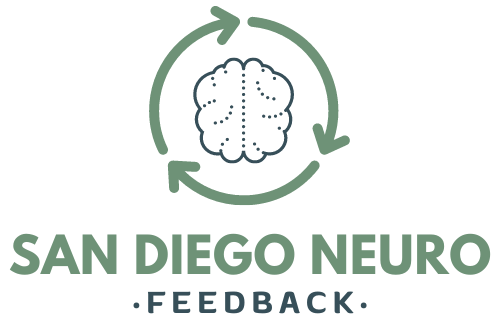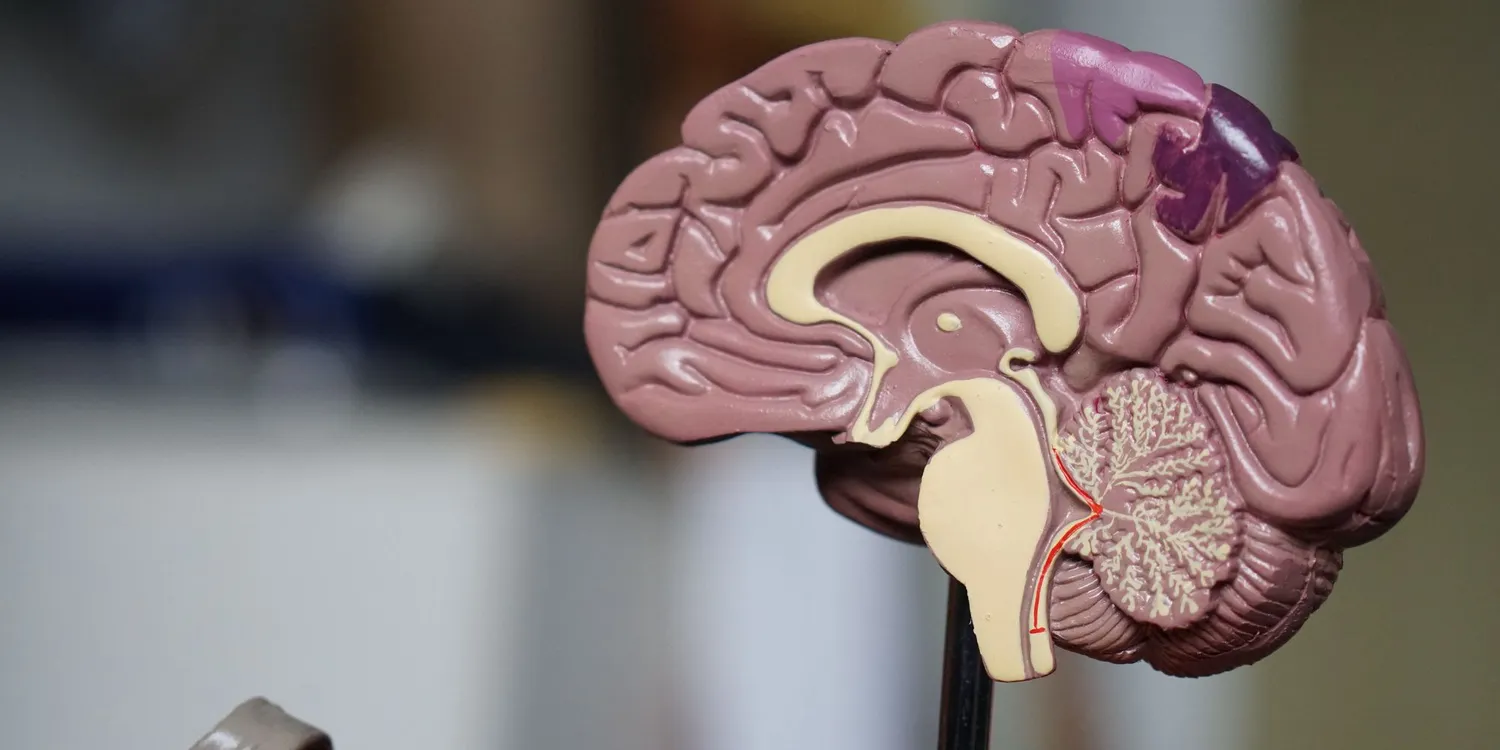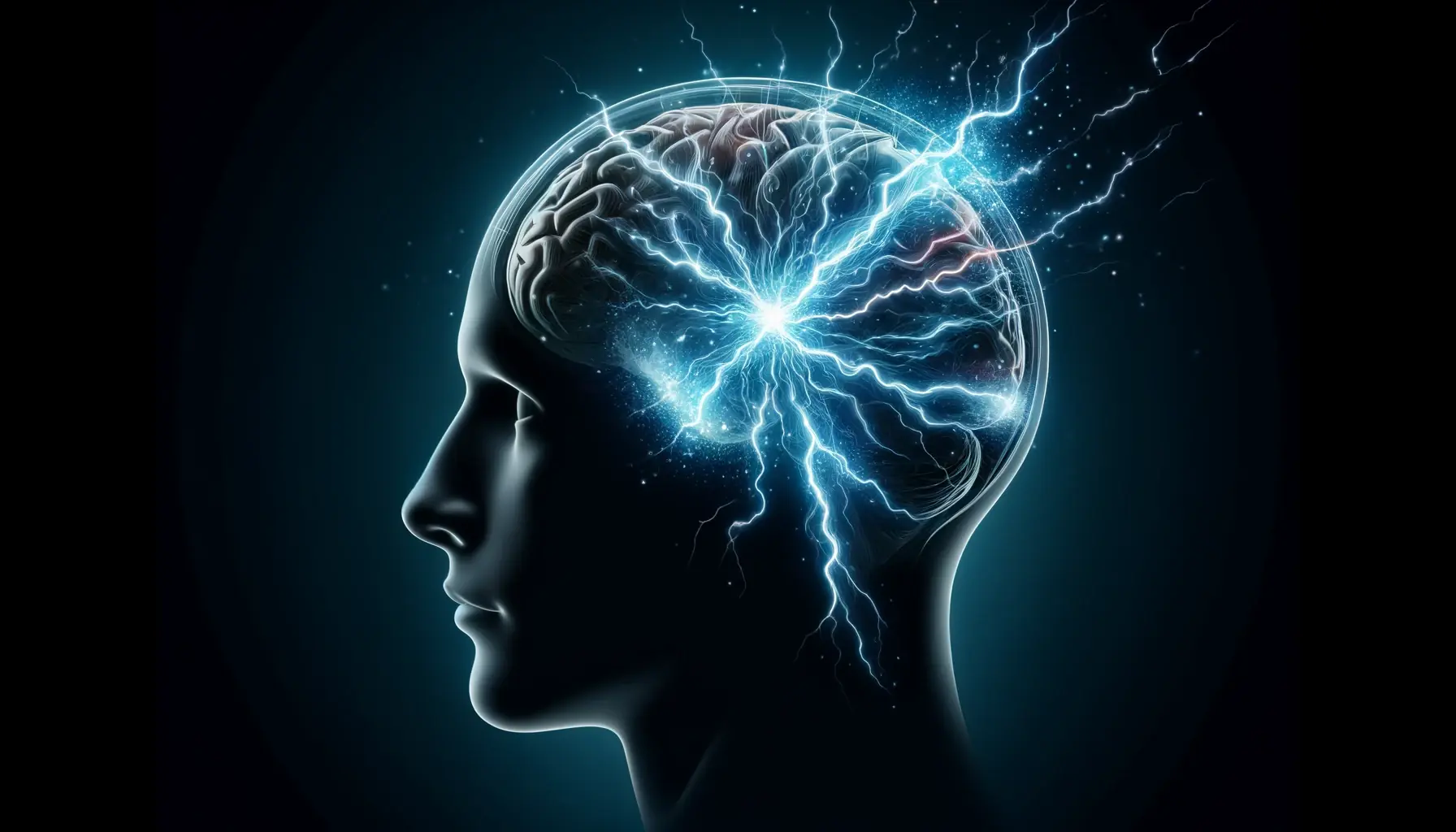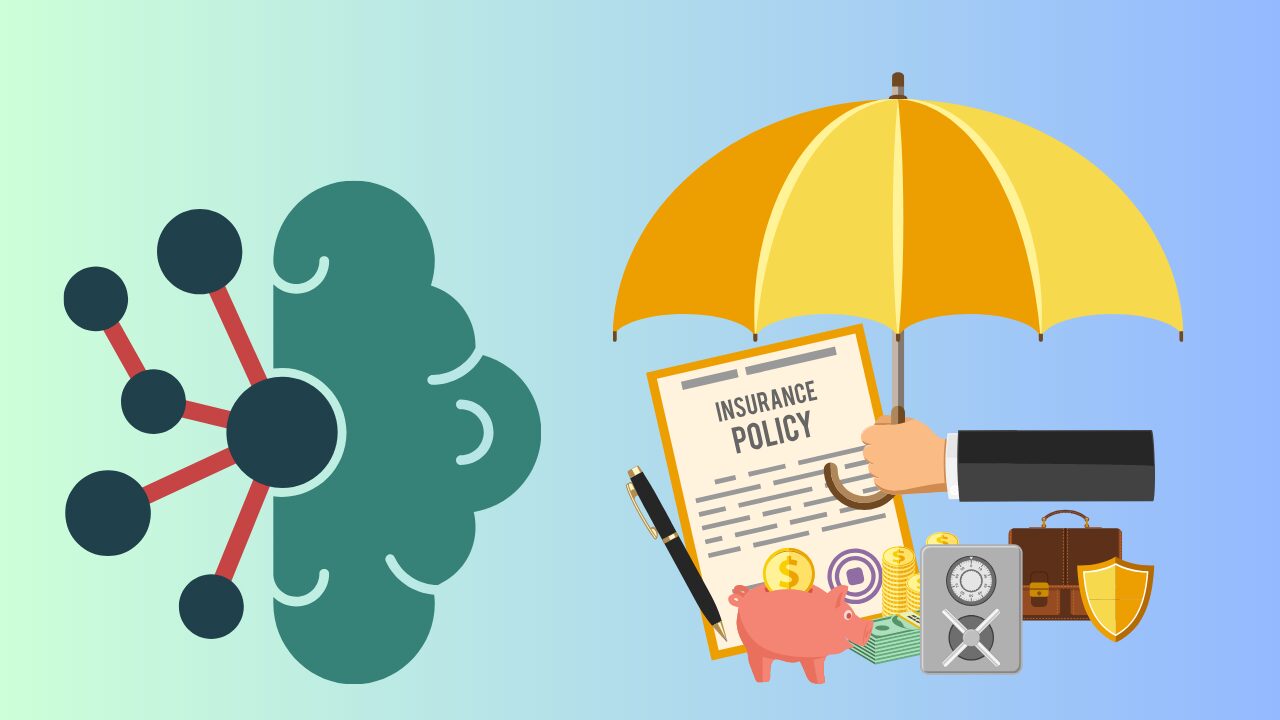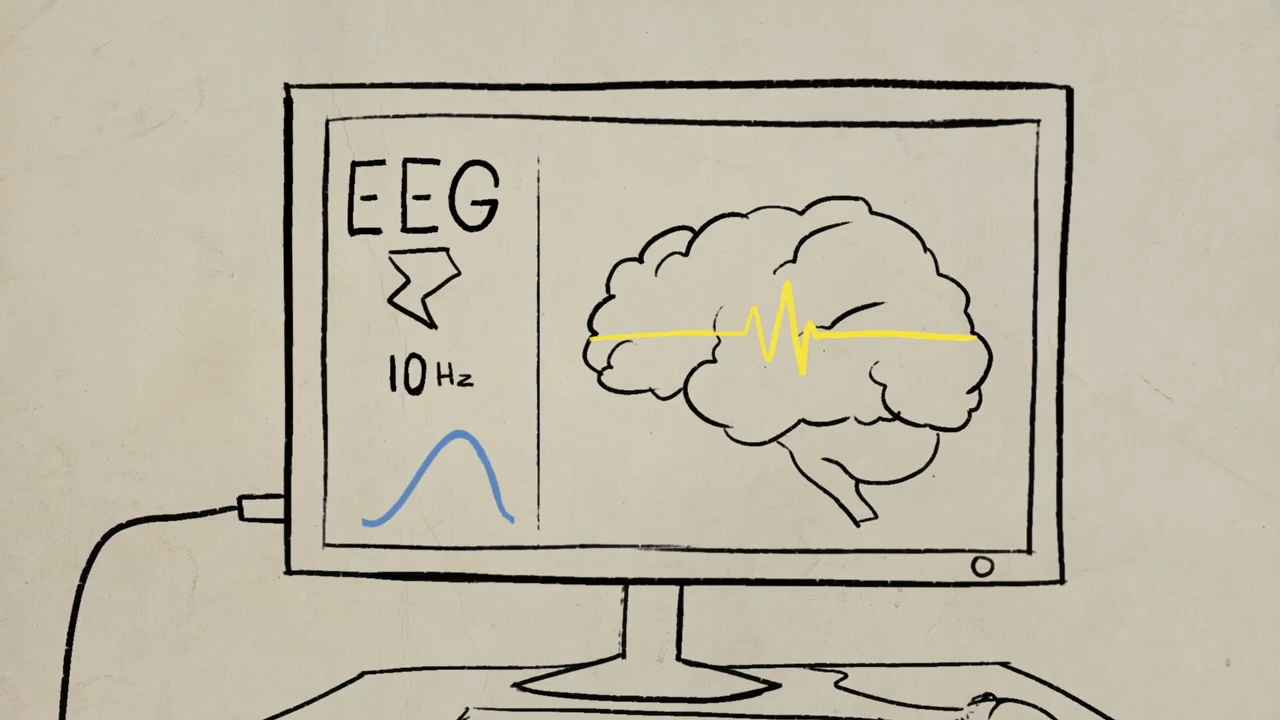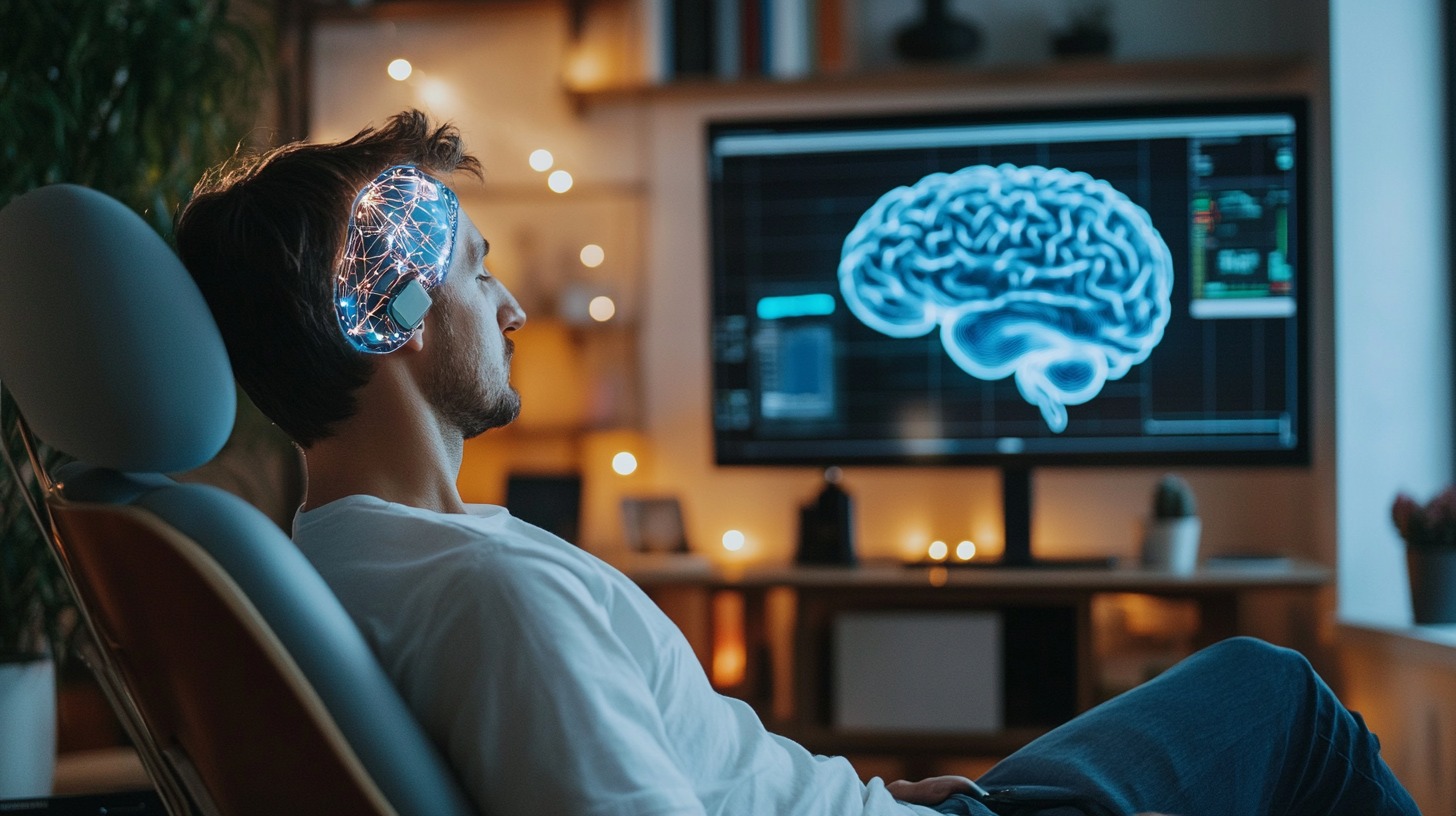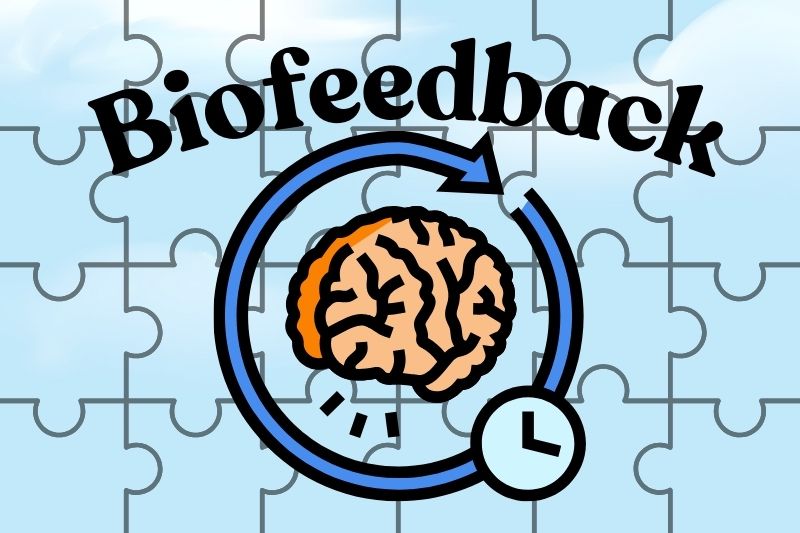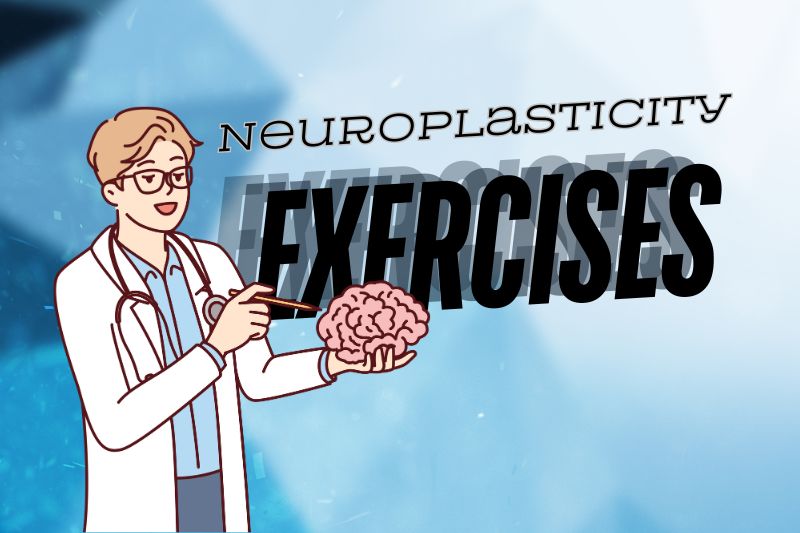How Can You Tell If Someone Has Wet Brain? (Wernicke-Korsakoff Syndrome)
Detecting Wernicke-Korsakoff Syndrome, commonly known as Wet Brain, requires close attention to both physical and cognitive symptoms that often develop in individuals with prolonged alcohol misuse. This syndrome emerges due to a severe deficiency in thiamine, or vitamin B1, and presents a range of neurological symptoms that worsen over time if left untreated. Early recognition … Read more
